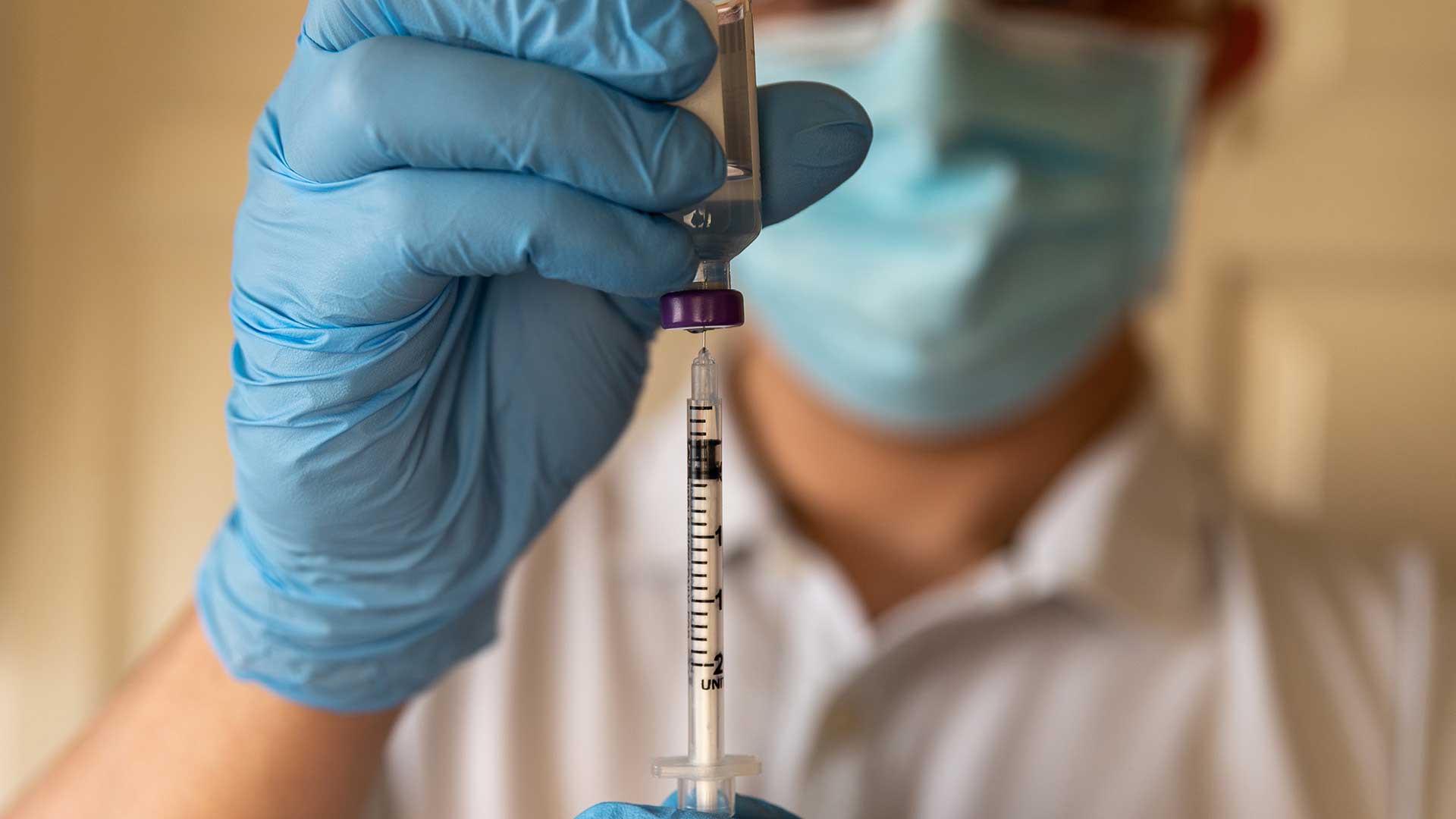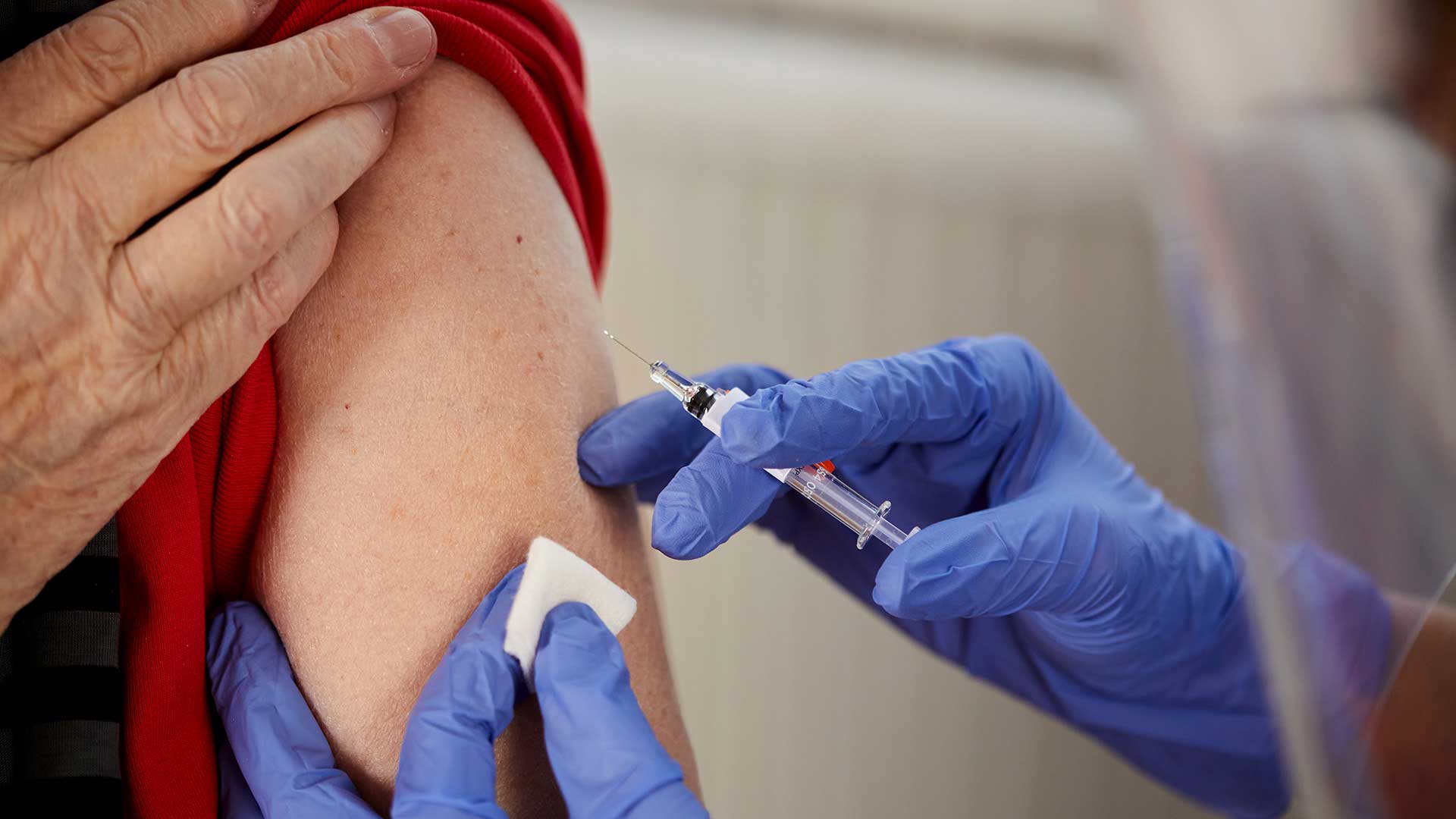A visual Discrete Choice Experiment involving SMS invitations.
Large-scale vaccination was fundamental to combating COVID-19. By March 2021, the UK’s vaccination programme had delivered vaccines to large proportions of older and more vulnerable population groups. However, there was concern that uptake would be lower among future cohorts of younger people.
Working with colleagues from Public Health England (PHE), NHS England (NHSE) and the Department of Health and Social Care (DHSC), Verian's Behavioural Team in the UK designed and conducted a discrete choice experiment (DCE) to understand the preferences of 18–29-year-olds regarding key characteristics of vaccine delivery, in order to inform decisions about specific elements of a delivery strategy that would maximise take-up across this age group.
Discrete choice experiments present participants with a series of choices between options that differ in terms of chosen attributes; analysis of the outcomes of these choices reveals the level of influence that each attribute has on participants’ decisions. They have been widely applied in public health research to understand citizens’ preferences with respect to interventions, and their ability to predict actual behaviour has been frequently demonstrated.
However, we expected engagement with vaccinations to be lower among 18-29 year olds, and we wanted to ensure that the results were as externally valid as possible within a fast-moving situation, so rather than presenting options in the tabular format usually used for DCEs, we developed a series of text messages as invitations to a vaccination appointment, and varied the attributes within the text messages. Participants were shown pairs of text messages as part of an online survey, and asked to choose which of them was most likely to prompt them to log-in and book an appointment.
Our study confirmed that the existing configuration of the UK’s vaccination programme was well-placed to deliver vaccines to 18–29-year-olds, but also highlighted some adjustments that could enhance acceptance. In particular, it challenged assumptions that convenience would be a key driver of uptake for this age group, and suggested that pharmacies would not be preferred locations for getting a vaccination.
These findings were taken into consideration when planning the upcoming wave of the vaccine programme. Confidence was increased by the fact that the DCE model predicted the level of actual vaccine take-up among 18-29 year olds very closely. This paper, published in the journal BMC Public Health, describes in greater detail the novel design used, and discusses the results and implications for future delivery.
Latest insights
Our latest thinking
Subscribe to receive regular updates on our latest thinking and research across the public policy agenda.
Our expert teams around the world regularly produce research and insights relating to public policy issues.
If you are interested, please provide your details. You can unsubscribe at any time.





